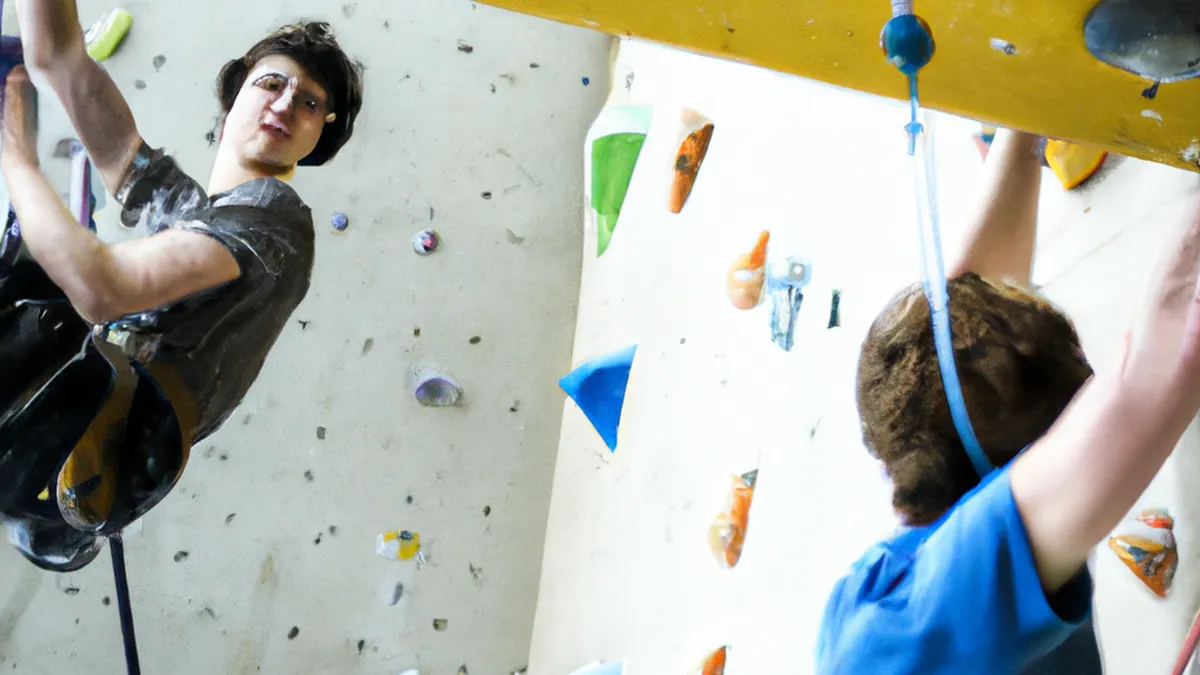Adopt these flexibility moves for success
Flexibility Routines for Improved ReachIn today’s fast-paced world, you must maintain flexibility to enhance your physical capabilities. Improved flexibility facilitates daily activities and boosts performance. Stretching and flexibility routines are vital for a well-rounded fitness regimen. This blog post explores effective flexibility routines to enhance your reach and mobility.
Understanding Flexibility
Flexibility measures your joints’ range of motion and your muscles’ elasticity. Increased flexibility improves movement and coordination. A greater range of motion allows you to perform exercises more efficiently and enhances athletic performance. Flexibility also reduces the risk of injuries during physical activity. Therefore, incorporate flexibility routines into your daily regimen to maintain overall health.
Active vs. Static Stretching
Understand the difference between active and static stretching. Active stretching uses your muscles to hold a position, like lifting your leg to stretch your hamstring. Use active stretching during warm-ups to prepare for activity. Static stretching requires you to hold a stretch without assistance, like bending to touch your toes. Both methods are valuable but should occur at different times for maximum benefits.
Timing Your Stretches
When you stretch matters as much as how you stretch. Stretching before a workout warms up your muscles and increases blood flow. Dynamic stretches, which involve movement, work best during this phase. Post-workout stretching helps cool down your muscles, reduces soreness, and increases flexibility over time. Integrate both types of stretching into your routine for full benefits.
Effective Flexibility Routines
As an Amazon Associate I earn from qualifying purchases.
Gear tip: consider stretching strap, yoga blocks, and mobility sliders to support this topic.
1. **Dynamic Warm-Ups** Start workouts with dynamic warm-ups to prepare your body. These movements elevate your heart rate and loosen your muscles. Effective dynamic stretches include: – **Leg Swings:** Stand on one leg and swing the other leg forward and backward to loosen your hip flexors and hamstrings. – **Arm Circles:** Extend your arms to the sides and make small circles. Gradually increase the size of the circles to warm up your shoulders. – **Walking Lunges:** Step forward into a lunge position, alternating legs, to dynamically stretch your hip flexors and quadriceps. Perform each movement for 30 seconds, transitioning smoothly between exercises. This routine promotes flexibility and prepares your body for more intense stretching.
Conclusion
Incorporating flexibility routines into your fitness regimen enhances reach and overall mobility. Prioritize stretching to improve performance and reduce injury risk.
Below are related products based on this post:
FAQ
What is flexibility and why is it important?
Flexibility measures the range of motion in your joints and the elasticity of your muscles. It is crucial for improved movement and coordination, allowing for more efficient exercise performance and reducing the risk of injuries during physical activity.
What are the differences between active and static stretching?
Active stretching involves using your muscles to hold a position, while static stretching requires holding a stretch without assistance. Active stretching is best used during warm-ups to prepare for activity, whereas static stretching is effective for cooling down post-workout.
When is the best time to incorporate stretching into my routine?
Stretching should be integrated both before and after workouts. Dynamic stretches are ideal for warming up, as they increase blood flow and prepare your muscles. Post-workout static stretching helps cool down, reduces soreness, and improves flexibility over time.















Post Comment